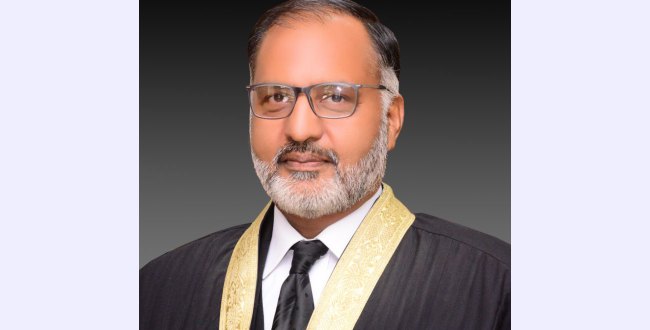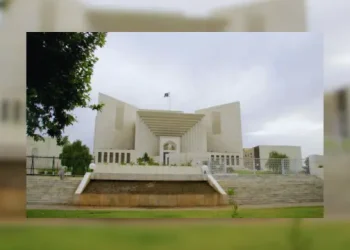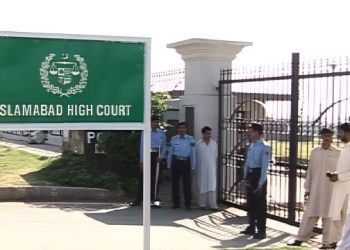ISLAMABAD: The Supreme Court of Pakistan on Friday declared the dismissal of former Islamabad High Court (IHC) Justice Shaukat Aziz Siddiqui as illegal, stating that he should now be recognized as a retired judge.
The decision was made by a five-member bench of the apex court led by Chief Justice of Pakistan (CJP) Qazi Fazi Isa in a 23-page judgment. Alongside the CJP, the bench included Justice Amin-ud-Din Khan, Justice Jamal Khan Mandokhail, Justice Syed Hasan Azhar Rizvi, and Justice Irfan Saadat Khan.
The ruling observed that the Supreme Judicial Council (SJC) proceeded against Justice Siddiqui based on the assumption that the truth or falsehood of his allegations was irrelevant. It also noted that the SJC believed Justice Siddiqui had failed to independently substantiate or prove the allegations he made.
While acknowledging the seriousness of the allegations made by the former IHC judge against Maj Gen Faiz Hameed and some of his subordinates, the judgment highlighted that Justice Siddiqui was not afforded an opportunity to substantiate his claims or confront his accusers. The court issued notices to those accused by Justice Siddiqui, who all denied their involvement.
The court emphasized the importance of a fair inquiry into the matter, especially considering the submissions made to the judicial panel. It criticized the SJC for not giving credence to Justice Siddiqui’s words and not allowing him to establish the truth of his allegations.
Article 10A, guaranteeing the right to a fair trial and due process, was cited by the Supreme Court, stating that Justice Siddiqui was deprived of these rights. It noted that he was punished for leveling allegations without being given a chance to prove their veracity.
The verdict emphasized that if the SJC had conducted an inquiry and found Justice Siddiqui’s allegations false, then he could have been deemed guilty of misconduct. However, without such an inquiry, it was improper to conclude the falsehood of the allegations.
Additionally, the verdict criticized the SJC for not specifying the misconduct Justice Siddiqui was accused of, expressing shock at the serious allegations made publicly by the IHC judge.
It was noted in the verdict that two complaints received by the council, one from the chief of army staff and the other from the government, requested an investigation into the matter. Justice Khosa also suggested an inquiry into the allegations in his opinion.
The Supreme Court also criticized the then attorney general for Pakistan, Anwar Mansoor Khan, for his conduct, stating that he misled the SJC by arguing that it could go beyond the provisions of the Code of Conduct to determine judicial misconduct.
The verdict concluded by stating that due to the delay in the petition hearing, Justice Siddiqui had reached the retirement age of a high court judge, thus making it impossible to restore him to his position.
(Islamabad51_Newsdesk)














